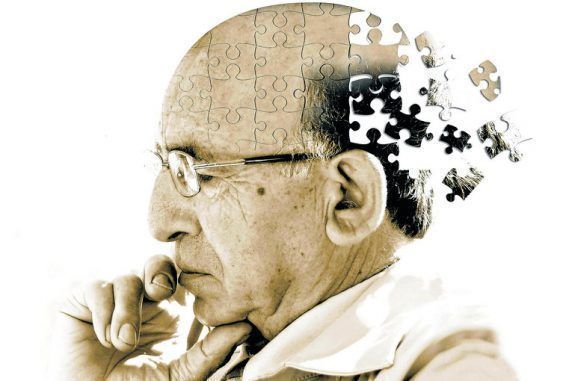L’Alkahest is testing a new therapy on 40 Alzheimer's patients
Slowing the progression of Alzheimer's disease with plasma from blood “young”. The’idea, which emerged from research on mice, was tested on 18 patients in a study at Stantford University. Results indicate possible therapy is safe for health and without side effects.
From a therapeutic point of view, there would be indications of small improvements. Such improvements were recorded on the sample of patients with a level of Alzheimer's
considered ‘medium’ and treated weekly with infusions of plasma from healthy young men with less than 30 years of age. According to the staff caring for the patients, after the treatment the patients have conversed more and appeared more ‘present’ in daily activities. But researchers have not recorded measurable improvements in memory and reasoning.
The trial
L’company working on the possibility of developing a product based on young plasma, but purified of various
Substances such as immunoglobulin’Alkahest–is now developing a clinical trial on 40 sufferers
Alzheimer's disease that should yield statistically more significant results. According to the authors of these early tests, the
theory is that Alzheimer’s is triggered by inflammatory processes that plasma “young” would counteract. The study was presented at the ongoing Alzheimer’s Conference in Boston.
The disease
Giovanni D’Agata, president of "Sportello dei Diritti," an association that also advocates for those suffering from such neurodegenerative diseases, recalls that about 47 million people worldwide are affected by dementia, and Alzheimer's disease is the most common type. The non-existence of a cure, since current medicines can only temporarily alleviate symptoms, means that not only those affected by the disease suffer the consequences that lead them to a progressive decline until death, but also their family members who have to care for them. It is difficult, therefore, to estimate, because of their enormity, the social costs that the disease brings to welfare systems, but it is obvious that the discovery of an effective cure could, on the one hand, bring relief to millions of people around the world, but also greatly reduce public health spending globally.


